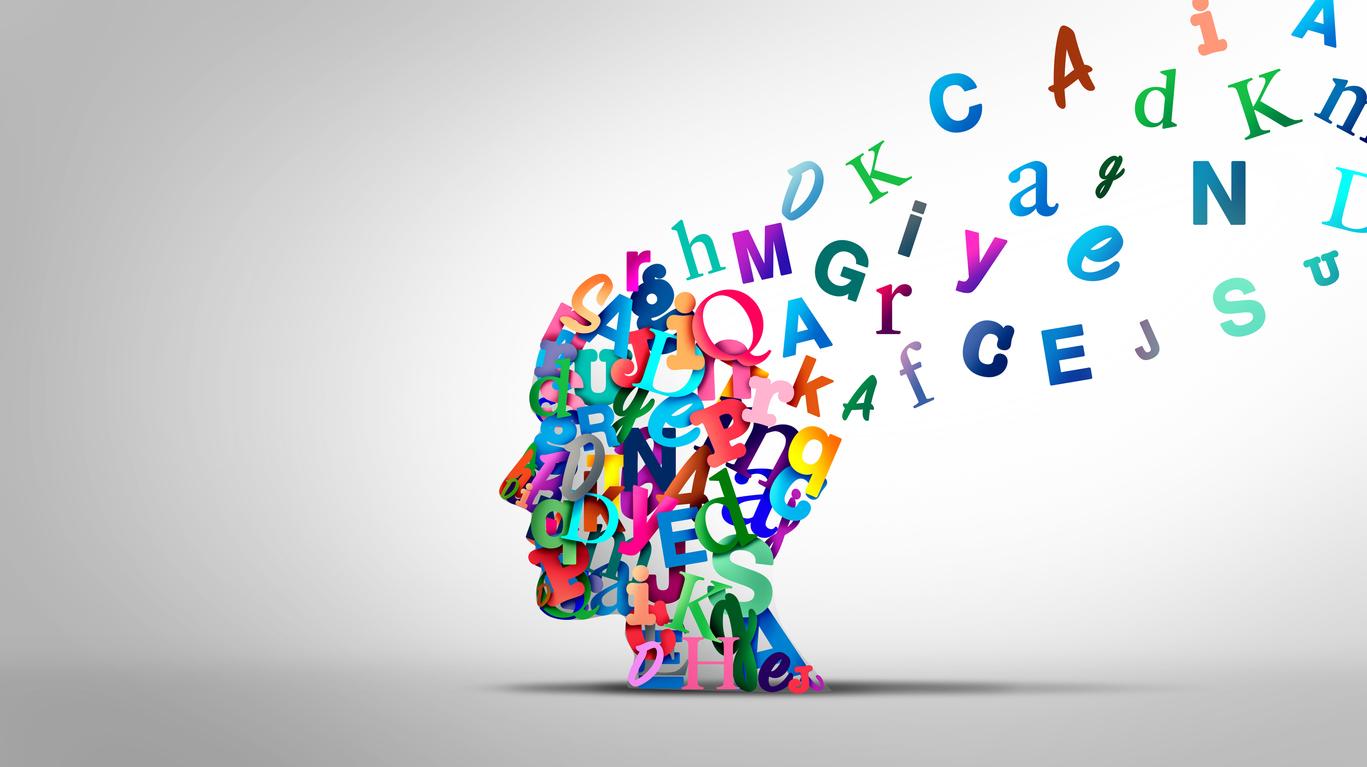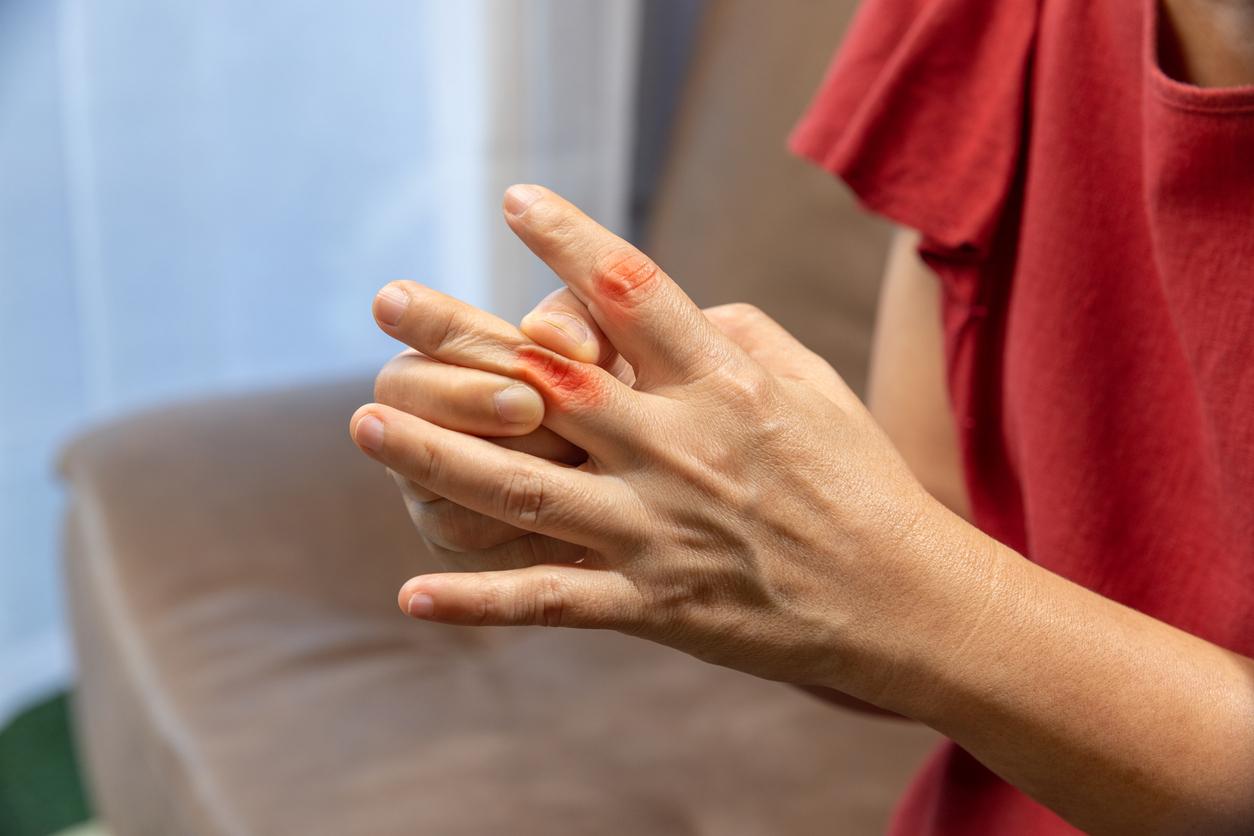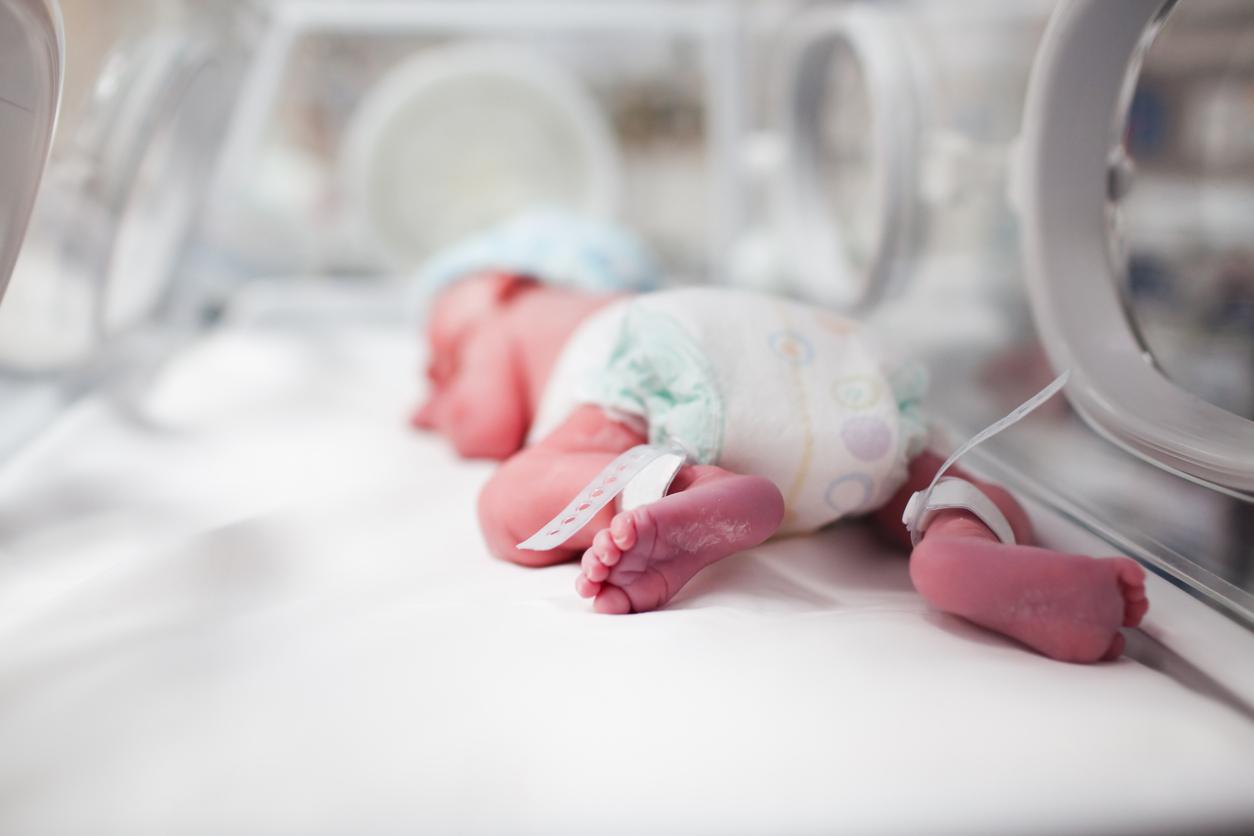
Clinical geneticist Wendy van Zelst-Stams
About a million Dutch people have a rare disease. Their road to a proper diagnosis and treatment is often long. Clinical geneticist Wendy van Zelst-Stams wants to change that.
What problems do people with a rare disease face?
“By first: that they have to wait a long time for the correct diagnosis. On average, patients with a rare condition are misdiagnosed three times, visit five different specialists, and it takes more than five years to get the correct diagnosis.”
Why do doctors recognize rare diseases so poorly?
“This is mainly due to unfamiliarity. In total there are about seven thousand rare diseases. You cannot expect GPs to know all of them. After all, they will rarely or never see many of them in their practice. Another problem is that many rare conditions start with vague symptoms, such as fatigue or reduced mobility. There are, of course, all kinds of possible causes. Even if patients do eventually receive a good diagnosis, it often remains a search for them. Who can you turn to? How will the disease develop? What treatments are there? Can you participate in scientific research? Such questions often prove difficult to answer.”
What kind of ailments are we talking about exactly?
“That is very diverse. These are rare muscle diseases, lung diseases, neurological diseases or cancers. But actually you have rare disorders in every medical field. We call a disease that if it affects less than one in two thousand people.”
How many Dutch people are affected by this?
“Probably more than you think: 6 to 8 percent of the population has a rare disease. In the Netherlands that is about a million people.”
Are those diseases hereditary?
“In most cases yes: about 80 percent has a genetic cause. In three quarters of the cases, the disease manifests itself in childhood, in a quarter when people are already adults. For example, ovarian cancer is a disease that usually only manifests itself later. About 10 percent of patients have a hereditary predisposition. With a genetic test, a hereditary predisposition can now be identified in these women and you can inform family members (who have a 50 percent chance of also carrying the hereditary predisposition). If you have the hereditary predisposition, you can have the ovaries removed preventively with an operation. This way ovarian cancer can be prevented. By detecting rare diseases earlier, registering and treating rare diseases better, we hope to reduce mortality rates and improve patients’ quality of life.”
How do you do that?
“To start with, it is important to do genetic research earlier in the process in the search for a diagnosis. New technologies allow us to map more and more hereditary abnormalities and get the results of these types of tests much faster. An example. As a clinical geneticist, I used to be rarely asked for advice on newborn babies who end up in intensive care. That made little sense, because you often had to wait months for the results of genetic research. With new techniques, however, we can now provide clarity about hereditary predisposition within ten days and thus help to determine the correct diagnosis and treatment. One of my goals as a professor is to introduce this approach in as many Dutch hospitals as possible in the coming years.”
And further?
“Better registration of rare diseases and their course is also very important. At the moment this is often still below standard, simply put because the current registration systems are too coarse. While you desperately need that kind of information. After all, if you know what to expect in the event of an illness, you have more options to prevent or delay symptoms. In addition, better registration helps researchers to find enough participants for scientific studies, because that is often quite difficult with rare disorders. Incidentally, we often work together in a European context to collect knowledge. This is especially important for small numbers of patients.”
Where does your passion for people with rare diseases come from?
“From a personal experience. About fifteen years ago my oldest daughter was taking swimming lessons. One of the boys in her group had a large, elongated head and was unable to keep up with his motor skills. There was clearly something wrong with him, but I didn’t know what. A few years later, when my youngest daughter was applying for her C degree, I met the child again. In the meantime I had completed my specialization as a clinical geneticist and now I recognized his illness immediately. ‘Does he have SOTOS syndrome?’ I asked his father. He nearly fell off the couch in surprise. “We’ve only known that for two weeks,” he replied. Turns out they had spent years looking for the right diagnosis. Finally, at a campsite in Germany, they found a family who recognized the symptoms because they had a child with SOTOS of their own. But no doctor would have thought of that. Later it turned out that the parents of the boy had a lot of trouble finding the right care for their son. It was precisely at that time that more and more attention was being paid from the EU to people with rare diseases. I’m going to step into the breach for them, I thought at the time.”
If readers are concerned about whether they or their children or grandchildren are getting the best possible care for their rare disease, what can they do?
“In recent years, the Ministry of Health, Welfare and Sport has designated centers of expertise for a large number of rare diseases. They are part of a network with comparable centers in other European countries, so that they can exchange experiences and discuss patients. There are now almost 350 such centers in the Netherlands. If you want to know if there is one for your disease, check out www.expertisezoeker.nl. Or ask your GP or specialist. Also inquire whether he or she has contact with such a center, and if so: how they have arranged the care together. There may also be studies or clinical studies that you can participate in.”
Many people find it difficult to critically question their doctor or get referred for a second opinion.
“I understand that very well. After all, as a patient you are dependent on your doctor and above all do not want to argue with him. But my experience is that many doctors like it when people ask these kinds of questions. Because only together and in good consultation can you achieve the best care.”
Wendy van Zelst-Stams (48) studied medicine at the Erasmus University in Rotterdam. In 2005 she obtained her PhD for research into genetic and biological characteristics of acute lymphoblastic leukemia. She has been working at the clinical genetics department of Radboudumc since 2009 and since 2012 as head of patient care. She is also a member of various (international) boards and advisory councils in the field of rare, hereditary disorders. In March 2021 she was appointed professor of Care for Rare.
This article previously appeared in Plus Magazine February 2022. Want to subscribe to the magazine? You can do that in an instant!
Sources):
- Plus Magazine

















